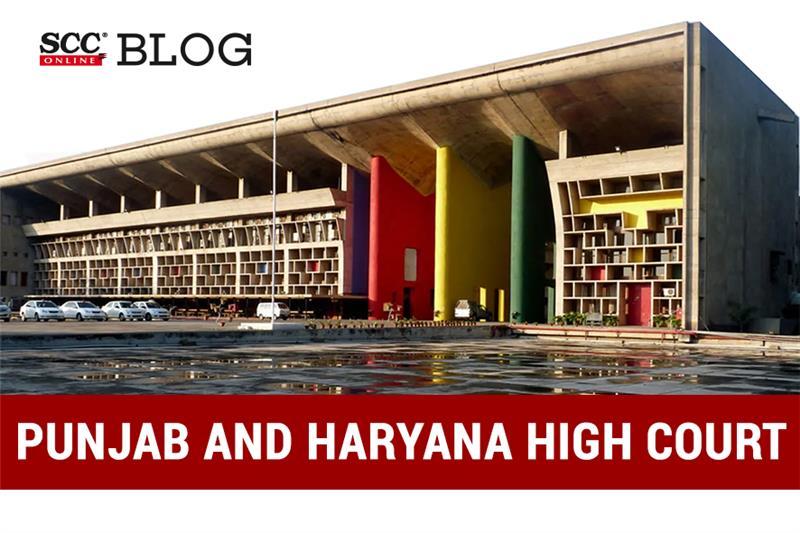Punjab and Haryana High Court: In a petition seeking quashing of First Information Report (‘FIR’) under Sections 363 and 366-A of the Penal Code, 1860 (‘IPC’), Jagmohan Bansal, J. allowed the same while stating that the State has no right to interfere in the life of a duly married couple.
The present petition sought quashing of FIR dated 18-01-2019 registered for offences under Sections 363 and 366-A of IPC against ‘X’ complained by ‘Y’ for his missing daughter ‘Z’. X took away Z and both solemnized marriage on 03-07-2019. Thereafter, both filed a petition seeking protection of their lives and liberty. The same was disposed of directing the Senior Superintendent of Police (‘SSP’) to consider their representation and act accordingly.
The Court had directed X to deposit Rs 2.5 lakhs in favour of Z to create a sense of security in Z’s mind. The amount was prepared, and a copy was placed on record. At present, Z is happily residing with X and two minor children in her matrimonial home.
The Court noted the importance of the institution of marriage in the Indian culture supported by the recognition of legitimacy to children born out of a wedlock, as against a child born to a couple without marriage. The Court also observed that “Swayamvar i.e., marriage by your own choice is not a modern phenomenon. Its roots can be traced in ancient history including holy books like Ramayana, Mahabharata. Our Constitution in terms of Article 21 is enforcing this human right as fundamental right.”
The Court pointed out that the object of law is to protect the life and liberty of every human being and not to disturb anyone’s settled life without any fault. The Court noted that both the parties, i.e., X and Z are majors who performed marriage against their parents’ wish and are happily cohabiting. Thus, no one, including the Courts and law enforcing agencies has the right to disturb their life without fault.
The Court also acknowledgedthat “with a pending criminal case, nobody can lead a happy life. Continuance of criminal proceedings will not only disturb the petitioner’s life, but there are possibilities of disturbance in the life of Z and her children.” It further pointed towards the lack of mechanism for providing accommodation, food and other basic daily needs to the dependents of a convict in India.
The Court further saidthat in our country, except stray cases of urban population, it is a man who is earning and taking care of his wife and children.
Therefore, the Court allowed the present petition for quashing the FIR against X.
[Tek Chand v. State of Punjab, 2023 SCC OnLine P&H 151, decided on 17-02-2023]
Judgment by: Justice Jagmohan Bansal
Advocates who appeared in this case :
For Petitioner: Advocate I.S. Dhaliwal;
For Respondents: Assistant Attorney General Amish Sharma, Advocate Gourav Bhayyia Gilhotra, Advocate Akash Manocha.






